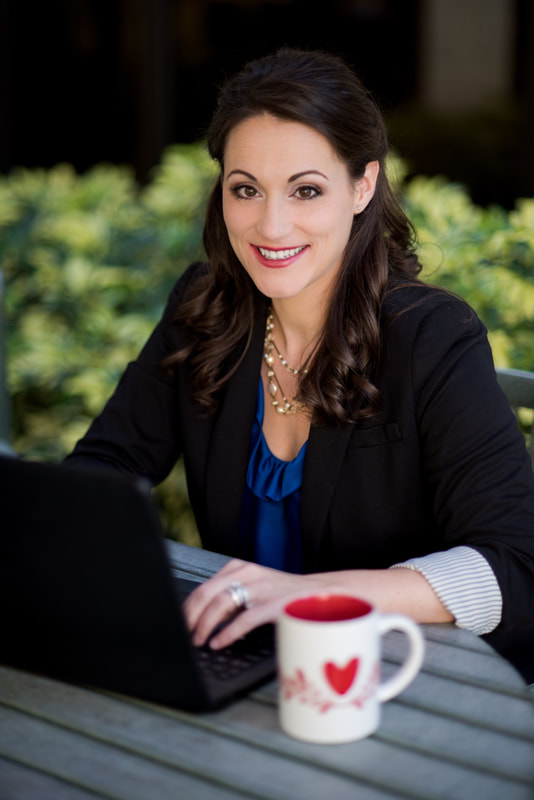|
Let’s start with the truth. Are you ready? It’s going to take time, dedication, and a lot of hard work. A LOT of hard work.
Still reading? Great. If you are willing to put in the effort then let’s dive in! Learning how to write fiction professionally is like learning an instrument or a sport. You don't just pick up a basketball and are instantly Kobe Bryant. Everyone starts out as a beginner and works to get better. (So don't put too much pressure on your work when you are at the beginning of your journey.) And like learning how to play the piano or flute, the more practice you do, the better you get. So writing often, as much as you can, will get some real momentum for your journey. That being said, writing professionally takes dedication and time, as well as some money to learn the craft. If you treat it like a light hobby, it will stay a light hobby. If you want to be a serious author, you have to take it seriously. So what does that mean? (1) Write regularly. Every day if you can. Set a manageable word count goal for writing sessions. Start with something you can achieve like 300 words. Don't wait for an idea to hit you. Creativity is a flow, like getting hot water out of a faucet. The ideas will come after you've sat down and started writing. You need to turn the water on first. Also, silence your inner editor when you write. (You know, that voice that tells you your sentences are all wrong.) It won't be perfect when you write but just get it on the page. Focus on progress. You can fix your writing later but you can't fix a blank page. (2) READ! Read lots of books in your genre, particularly recently published books as well as the classics. Read outside of your genre to keep yourself fresh and think of new ideas to bring into your writing. But read, read, read. This is essential for learning how to write. Take note of what works and what doesn’t. (3) Learn craft. This is key. You can write forever but if you don't take the time to learn the skills, your writing won't get better. Watch webinars, read blogs, listen to podcasts...just immerse yourself in learning craft. Read craft books; there are a TON of them. For picture books, I recommend Ann Whitford Paul's Writing Picture Books. A fun, energizing one for beginning authors interested in novels is Nathan Bransford’s How to Write a Novel. There are books on specific topics like dialogue, plotting, character...try and always have one that you are reading. Join professional organizations, specifically SCBWI (Society of Children's Book Writers and Illustrators) if you are interesting in children’s writing. You can find local organizations such as FWA (Florida Writers Association) as well as national ones like IBPA (Independent Book Publishers Association). Find your local chapter and go to their events. Which leads me to... (4) Connect with other writers/authors. This was the best thing I did. I joined several local groups and started going to events even though I didn't know anyone. I made friends with authors, editors, publishers...it’s a whole community out there. A fun one. They answer all my questions and we support each other. You can also do this online. There are lots of groups on Facebook for writers. Just make sure the group is nice. Some people make themselves feel better by cutting others down and this is unfortunately true in the writing world, too. (5) Get feedback. Join a critique group, in person is best but online works, too. Make sure the members know what they are talking about and are experienced writers. Enter contests and submit short stories. Sometimes you get critiques through those but the best feedback is when something gets published, then you know you're on the right track. (6) Monitor your zen. Writing is a very emotional business and rejection hurts. Having a support system is key. Don't be too hard on yourself or your writing. Remember you shouldn't say anything to yourself that you wouldn't say to a fellow writer. So things like "this sucks/you suck" shouldn't be floating around in your head. Negativity can have a big impact on your writing so mind who you have around you and what you are telling yourself. Remember this is a continual journey so have patience with yourself and with the process. “A professional writer is an amateur who didn’t quit.” -Richard Bach Lastly, one of the first decisions you will need to make is how you want to be published: traditionally or indie/self-published. There are benefits and drawbacks to both. Do some research and see which is right for you. This will guide your track forward. Happy writing!
0 Comments
Leave a Reply. |
AuthorArielle Haughee is the owner and founder of Orange Blossom Publishing. Categories
All
|
Proudly powered by Weebly


 RSS Feed
RSS Feed